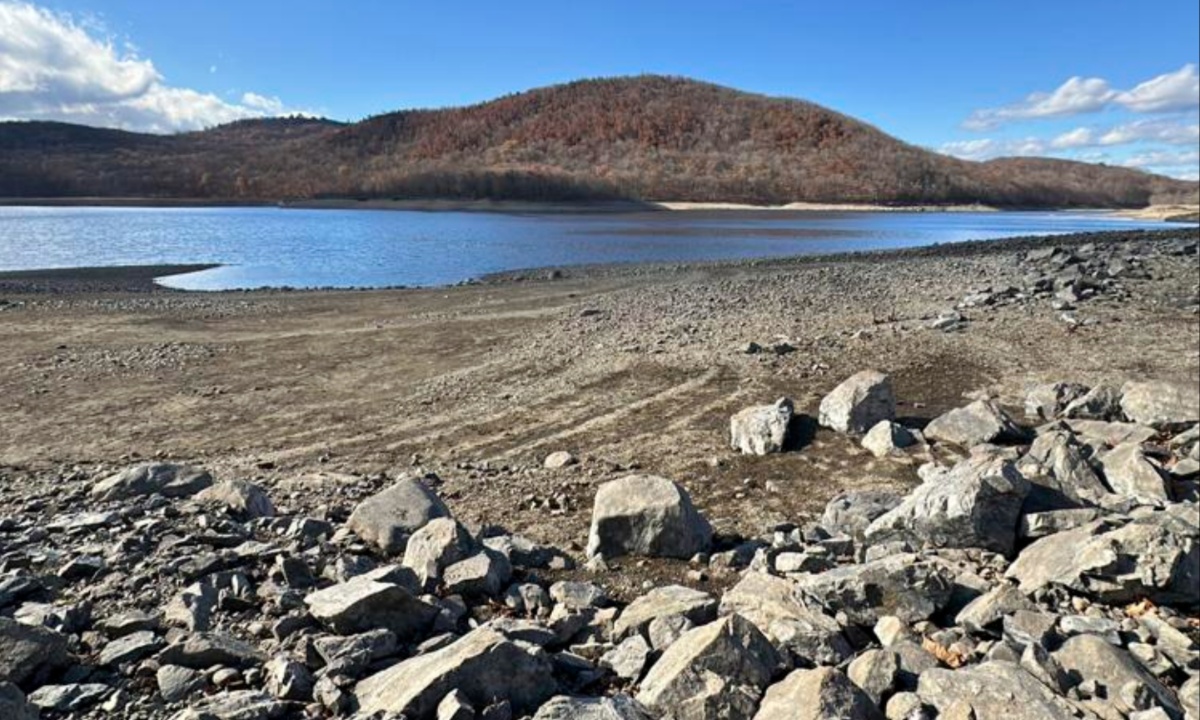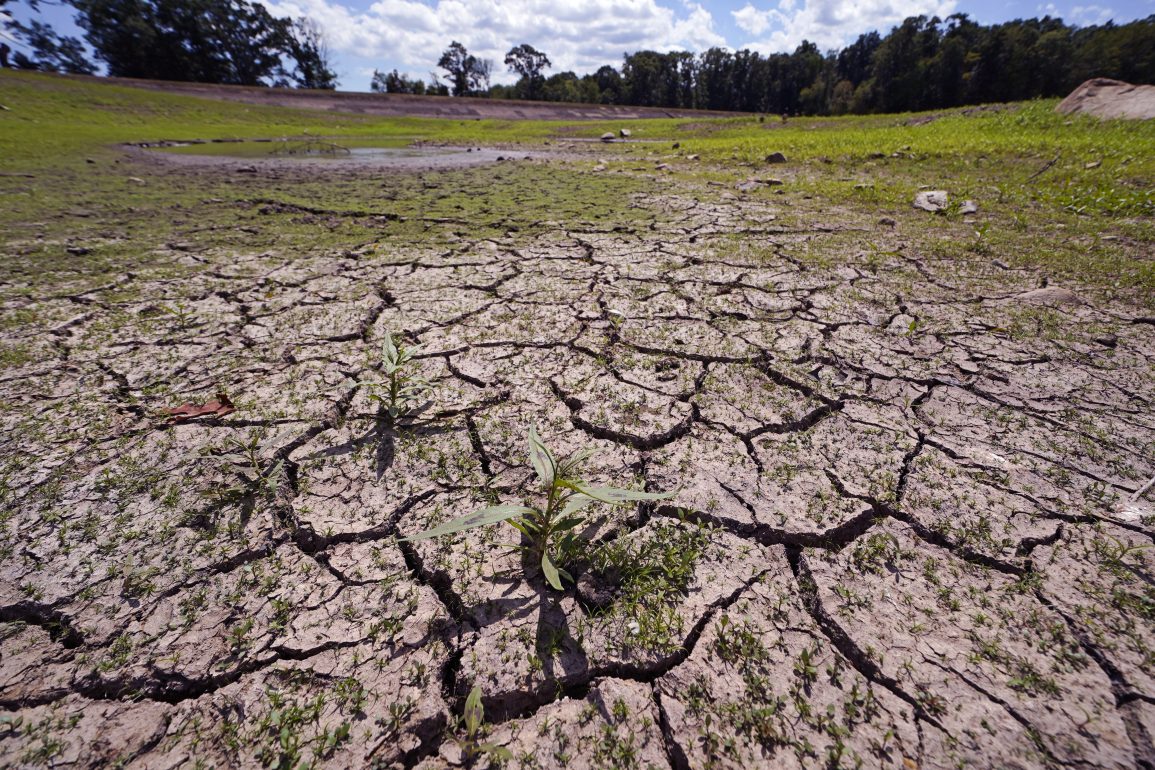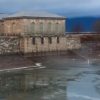The northeastern United States has faced unusual environmental challenges this fall, including widespread fires in parks and forests around New York City and drought conditions that have affected a large region from New Hampshire to Philadelphia.
For several months, many areas experienced their driest period on record, leading to concerns about water shortages. Some reservoirs in the region are nearing historically low levels, prompting experts to warn of future water crises if immediate action is not taken to address the situation.
As climate change causes droughts to intensify, experts argue that the current drought should serve as a wake-up call for the future. Communities in the Northeast need to take long-term steps to secure water supplies.
Tim Eustance, the executive director of the North Jersey District Water Supply Commission, emphasizes the urgency of conservation, suggesting that actions such as reducing water usage in everyday life—like stopping lawn watering—are essential. He also advocates for Governor Phil Murphy of New Jersey to declare a drought emergency to further raise awareness about the situation.
One potential solution to the water crisis is replenishing groundwater supplies. In many parts of the Northeast, groundwater levels have significantly declined, making it harder for the environment to naturally recharge aquifers. Groundwater is a critical water source, especially in areas like New Jersey, where it accounts for about half of the drinking water supply.

To address this, experts suggest using permeable materials in urban development, such as permeable asphalt and concrete, which allow water to soak into the ground. Additionally, some regions have successfully used treated wastewater to replenish aquifers, a method that could be expanded in the Northeast.
Another approach is incentivizing water conservation through financial rewards, a strategy already used in parts of the western U.S. While less common in the Northeast, programs that pay residents for removing lawns and replacing them with drought-resistant landscaping could help reduce water demand.
Experts like Alan Roberson of the Association of State Drinking Water Administrators point out that cultural attitudes toward water use in the Northeast often focus on abundance, making it harder to shift people’s behavior toward conservation. However, initiatives like upgrading water meters to give consumers real-time data on their water usage could encourage more responsible consumption.
Finally, reusing water offers another possible solution to the water crisis. Systems that capture and treat wastewater for nonpotable uses—such as flushing toilets, watering lawns, or cooling buildings—are becoming more common. These systems can alleviate stress on both water supplies and city sewer systems, especially in older, coastal cities.
Zach Gallagher, CEO of Natural Systems Utilities, is working to expand such systems, including a large-scale wastewater recycling project at the former Domino Sugar Refinery in New York. Experts agree that scaling up these technologies across the region could help mitigate both drought and flood risks, marking a shift toward a mindset of conservation and careful management of water resources.

